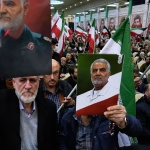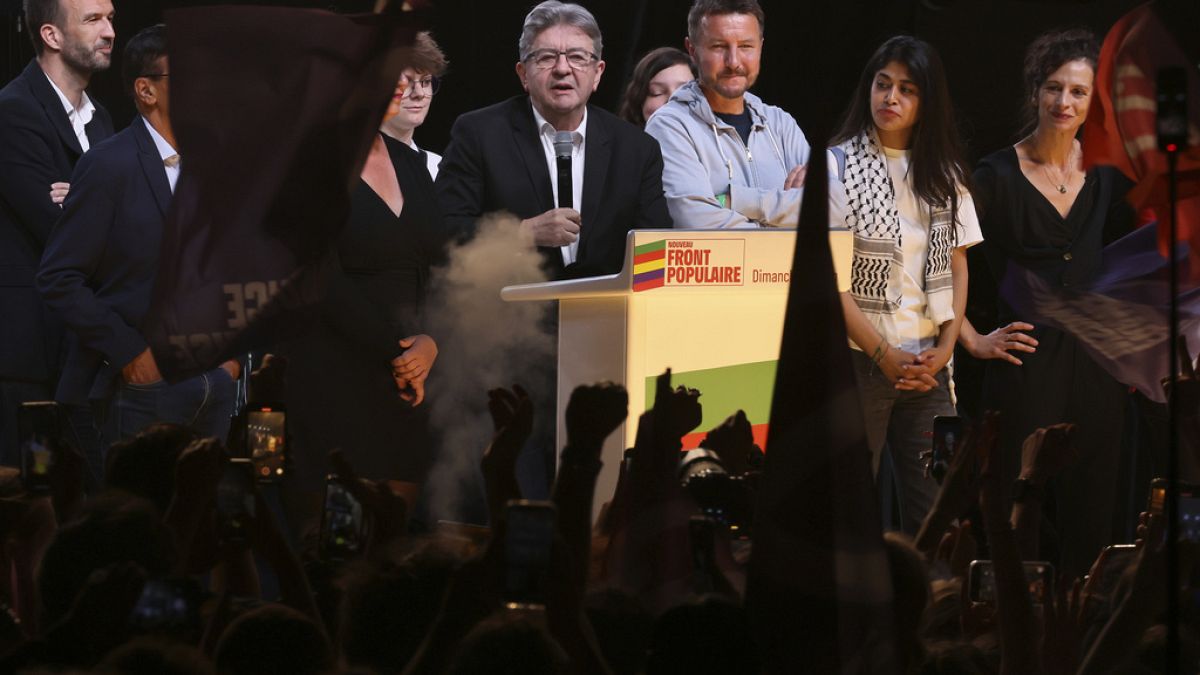The first round of the French parliamentary elections was led by the far-right National Rally, leaving other blocs scrambling to prevent them from obtaining an absolute majority in the National Assembly. The left-wing coalition known as the New Popular Front (NFP) has announced that it will withdraw its candidates in districts where they finished third to support stronger candidates against the National Rally. This tactic, known as the Front Républicain, has been effective in the past when the far right was considered a political outcast, but its success this time remains uncertain. Mobilizing voters will be crucial for the left-wing coalition to be successful in the second round of voting.
The left-wing coalition, comprised of the France Unbowed Party (LFI), Socialists, Greens, and Communists, will need to rely on tactical voting practices to prevent the National Rally from obtaining an absolute majority of seats. Mobilizing the electorate for the Republican Front will be essential for its effectiveness. However, there is concern that the left-wing electorate may be fatigued from constantly being asked to vote against their convictions, which could impact voter turnout in Sunday’s vote. The success of the Republican Front will be crucial in determining the outcome of the second round of the elections.
President Emmanuel Macron’s centrist alliance faces challenges in the upcoming elections, as the voting instructions have been less clear compared to the left-wing coalition. Some candidates from Macron’s party have called on candidates not to step down, even if a left-wing coalition candidate has a better chance of defeating a far-right MP. This lack of clarity could weaken the Republican Front, as some candidates in Macron’s camp are reluctant to call on their electors to support a candidate from the left-wing coalition. Macron’s party has led a campaign claiming that radical parties on the left are as dangerous for democracy as the far-right, making it difficult to forge alliances.
The traditional conservative right-wing party Les Républicains (LR) won 10.2% of the vote in the first round of elections. The party remains divided on the position to adopt against the National Rally. While some members have refused to give clear voting instructions to their electorate, others have expressed concerns about the extreme left being the real danger facing the country. The party’s division over how to approach the second round of elections reflects the larger political landscape in France, where alliances and divisions are shaping the future of governance in the country.
Overall, the second round of the French parliamentary elections presents a challenging political landscape for all major blocs in France. The left-wing coalition will need to mobilize voters effectively to prevent the National Rally from achieving an absolute majority in the National Assembly. Macron’s centrist alliance faces challenges in forming meaningful alliances, while the conservative right remains divided on how to approach the far-right threat. The outcome of the elections will have significant implications for the future direction of French politics and governance.











